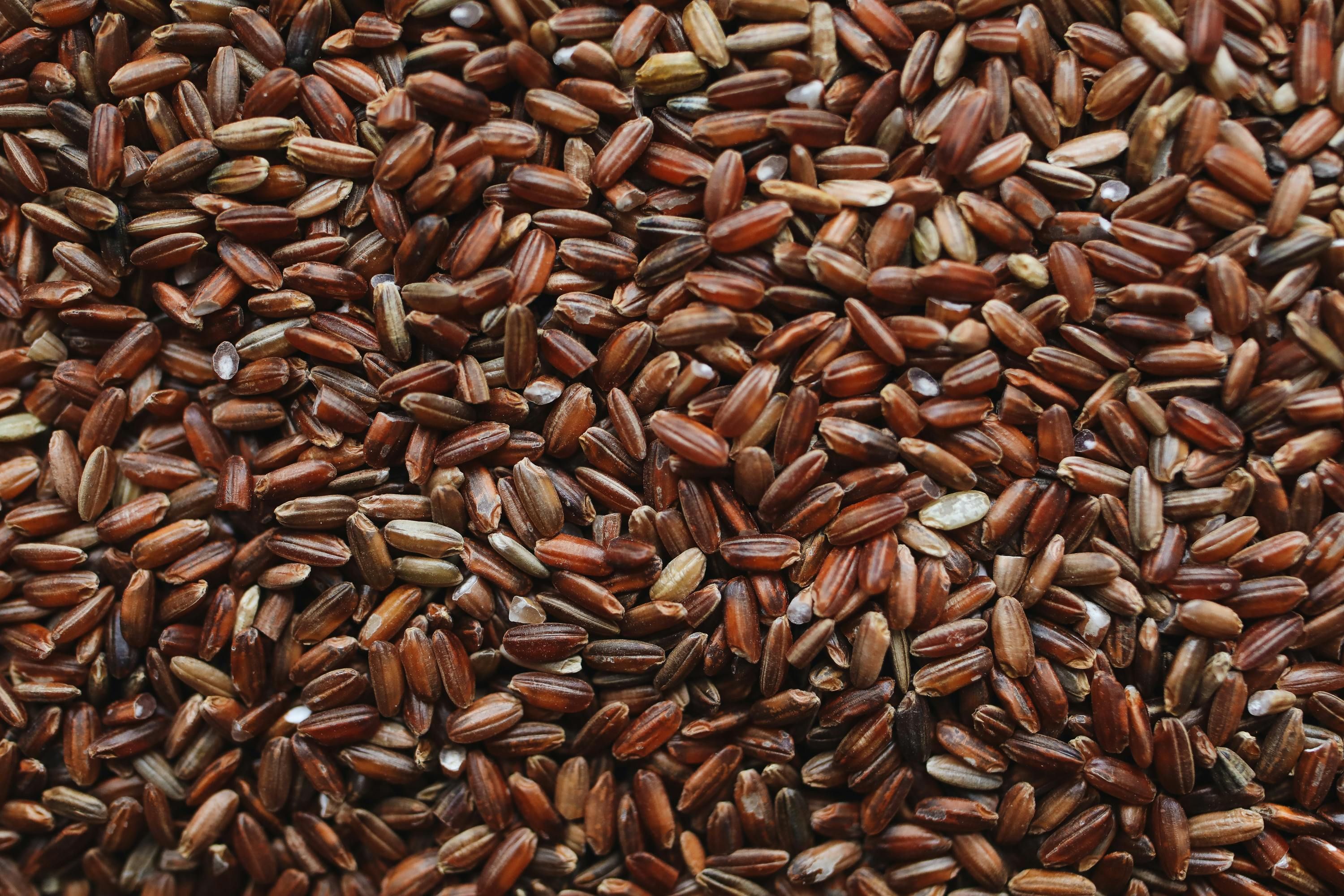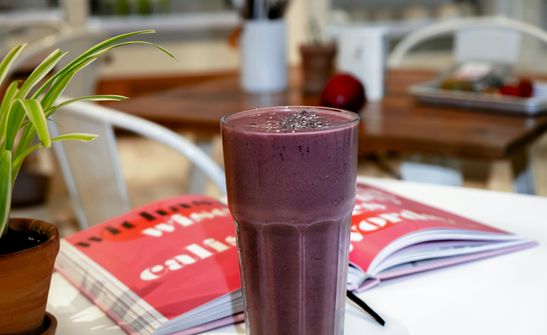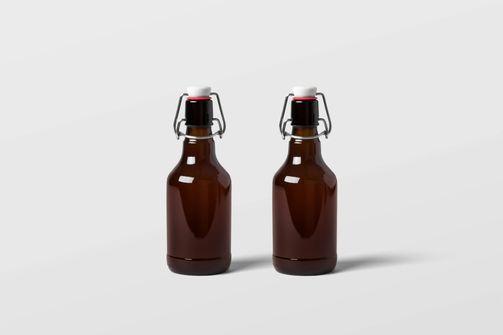
Why Electrolytes Are Essential for Active Women: A Guide to Natural Replenishment
When it comes to staying hydrated, electrolytes are the unsung heroes that keep your body balanced and energized, especially for active women. Whether...

fiber plays a pivotal role in our diet, acting as the unsung hero of our digestive system. It’s particularly crucial for women, whose dietary needs can shift due to various life stages and conditions.
This article delves into the significance of fiber, spotlighting the unique benefits it offers women. We’ll navigate through the types, benefits, and guidelines for selecting the ideal fiber supplement to enhance women’s health and well-being.
Dietary fiber, often heralded for its digestive benefits, is categorized into two types: soluble and insoluble. Soluble fiber dissolves in water, forming a gel-like substance that aids in cholesterol management and blood sugar regulation according to the review published in the “American Journal of Clinical Nutrition”. Insoluble fiber, on the other hand, does not dissolve, thus speeding up the passage of food through the stomach, aiding in digestive health.
Beyond these general benefits, fiber holds specific advantages for women. As the recearch in the “Journal of Nutrition” says, fiber supports weight management, lowers the risk of heart disease, and may offer benefits for menstrual and reproductive health. The role of fiber in promoting satiety, regulating the menstrual cycle, and potentially reducing the risk of gestational diabetes underscores its importance in women’s nutritional strategies.

The American Dietetic Association recommends that women aim for at least 25 grams of fiber per day, based on a 2,000 calorie diet. However, this need shifts with age and life phases, the “Dietary Guidelines for Americans state. For instance, women under 50 should target 21 to 25 grams daily, while those over 50, due to decreased caloric needs, should aim for 21 grams. During pregnancy and breastfeeding, the requirement slightly increases to around 28 grams a day to support fetal and newborn health. It’s crucial to note that these guidelines serve as a foundation, but individual needs may vary based on activity level and specific health conditions.
A striking 95% of Americans do not meet their daily fiber needs, which leads to common health issues. For women, signs of low fiber intake can be particularly telling. Beyond constipation and irregular bowel movements, symptoms like unexplained weight gain, fatigue due to poor nutrient absorption, and frequent sugar cravings can signal a fiber deficit.
info
Furthermore, women experiencing frequent bloating or changes in menstrual regularity might also benefit from evaluating their fiber intake, as fiber plays a key role in hormonal balance and digestive health.
Selecting a fiber supplement is not a one-size-fits-all decision. For instance, psyllium husk is renowned for its effectiveness in lowering cholesterol and regulating blood sugar levels, making it an excellent choice for women concerned about heart health or diabetes. It benefits digestive issues too, the research published in “Alimentary Pharmacology & Therapeutics” proves.
Inulin, derived from chicory root, acts as a prebiotic, fostering beneficial gut bacteria, which is crucial for digestive and immune health.
Methylcellulose, a synthetic fiber, is gentle on the stomach and often recommended for those with IBS. Women should consider their health goals, any existing conditions, and lifestyle factors when choosing a supplement. For example, vegans might prefer a plant-based option like inulin, while someone with gluten intolerance should ensure their supplement is certified gluten-free.

Gradually incorporating fiber supplements into your diet can mitigate potential discomfort such as gas or bloating. Start with a low dose and slowly increase it to give your digestive system time to adjust. For instance, if the recommended dose is one tablespoon, start with a teaspoon for a few days.
Mixing fiber supplements into water, smoothies, or soft foods like yogurt can make them more palatable.
Establishing a routine, such as taking your supplement with breakfast, can improve adherence and effectiveness.
tip
Remember, hydration is key when increasing fiber intake, so aim for at least eight glasses of water daily to help the fiber do its job effectively.
While the benefits of fiber are vast, jumping into high doses too quickly can lead to bloating, gas, or even constipation. Starting slowly and increasing intake over several weeks can help your body adjust.
Some women may experience allergic reactions or an intolerance to certain types of fiber supplements, so it’s important to monitor your body’s response and consult with a healthcare provider if you experience unusual symptoms.
Because fiber can interact with certain medications by affecting their absorption, discussing supplementation with a healthcare professional is especially crucial for those on medication regimes, including those for chronic conditions or birth control.
Fiber is a fundamental nutrient that supports not just digestive health, but overall well-being, particularly for women. By understanding your body’s needs, recognizing the signs of deficiency, and making informed choices about supplementation, you can harness the power of fiber to support your health journey.
Always consider personal health goals, dietary restrictions, and consult with a healthcare provider to tailor your fiber intake to your unique needs, ensuring a balanced approach to nutrition and wellness.
A: Fiber is key for weight control, heart health, and regulating menstrual functions, with varying needs during pregnancy and menopause.
A: Women should aim for at least 25 grams daily, adjusting for age, pregnancy, and breastfeeding as per the American Dietetic Association guidelines.
A: Look out for constipation, weight gain, fatigue, cravings, bloating, or menstrual irregularities.
A: Select based on health goals, conditions, and dietary preferences. Consider psyllium for blood sugar, inulin for gut health, and methylcellulose for digestive sensitivity.
A: Start small to avoid bloating and increase gradually. Mix with liquids or soft foods and drink plenty of water.
A: Begin with low doses to prevent digestive upset. Consult a healthcare provider if taking medications or if unusual symptoms arise.

When it comes to staying hydrated, electrolytes are the unsung heroes that keep your body balanced and energized, especially for active women. Whether...

Throughout history, cultures across the globe have embraced the healing power of beverages made from herbs, spices, and natural ingredients to promote...

Smoothies are a great way to fuel your body with essential nutrients, but adding adaptogenic herbs can take your wellness routine to the next level. A...

Herbal teas have been cherished for centuries as natural remedies for promoting overall health and well-being. For women, in particular, herbal teas c...

Fermented beverages like kombucha, kefir, and other probiotic-rich drinks are gaining popularity due to their powerful effects on gut health. These dr...